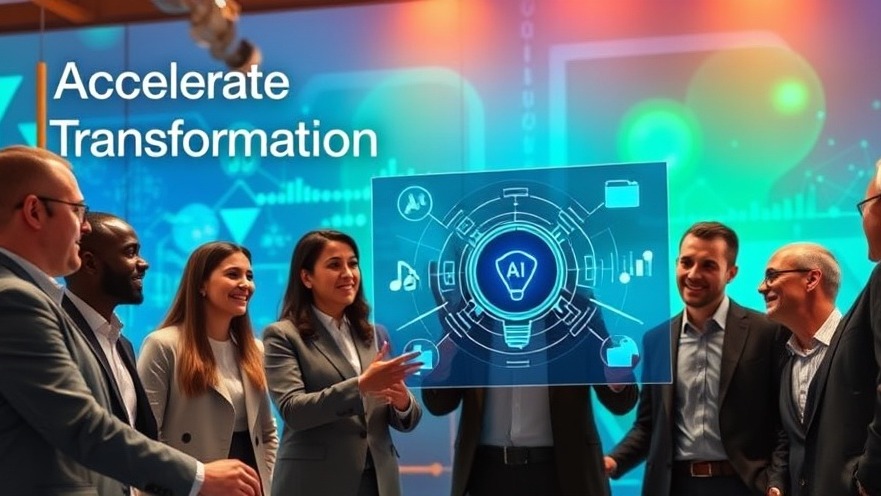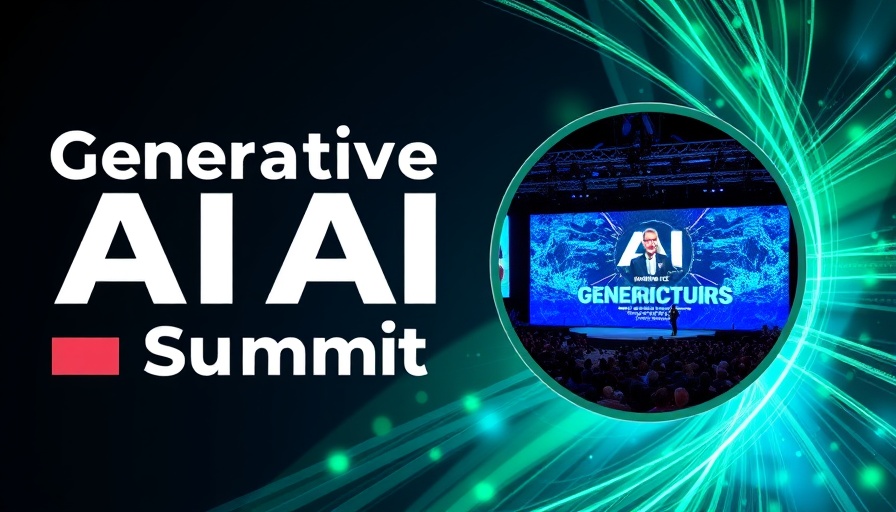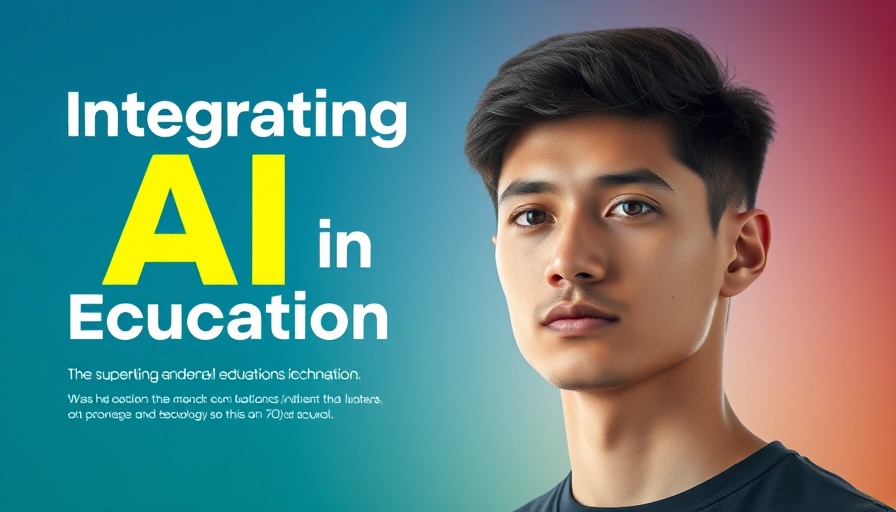
Unlocking AI’s Potential: A Game-Changer for IT Leadership
As we sprint towards 2025, the landscape of IT service management (ITSM) is undergoing a radical transformation, primarily driven by artificial intelligence (AI). The virtual leaders roundtable set for April 29 aims to address these pivotal changes, gathering senior IT leaders to discuss the integration and impact of AI in streamlining and enhancing IT operations.
Empowering IT Teams Through AI Integration
The recent findings from a global survey by Harvard Business Review Analytic Services underscore a critical disconnect: while a vast majority of IT decision-makers (80%) believe that improving IT service management would boost employee satisfaction, only a mere 22% feel that their organizations are achieving effective ITSM. The roundtable aims to tackle this challenge head-on, encouraging discussions on reducing complex silos and aligning IT operations with broader business objectives.
From Reactive to Proactive: The AI Shift
By 2025, AI is poised to propel ITSM from a reactive stance to a proactive model. This incorporates predictive analytics that foresees issues before they escalate, thereby strengthening operational efficiency. With intelligent virtual agents expected to manage up to 90% of routine IT support queries within the next few years, IT leaders are encouraged to explore how AI can reshape their IT framework to respond swiftly and effectively to employees’ needs.
AI-Driven Metrics that Matter
As organizations embrace AI-powered ITSM, redefining KPIs will be essential. Traditional metrics focusing solely on issue resolution will need to evolve, with a greater emphasis placed on AI-driven KPIs such as ticket deflection rates and response efficiency. With AI handling an increasing volume of tickets, IT teams can devote their time to more complex tasks, thus improving overall productivity.
Interactive Sessions: Gain Knowledge and Share Experiences
This exclusive roundtable will provide a collaborative environment, allowing participants to engage with industry experts and peers. Discussions will not only reveal effective strategies for AI integration but also spotlight potential pitfalls to navigate, ensuring that IT leaders are well-prepared for the transformative journey ahead.
The Human Element in AI Integration
While AI offers robust solutions for modern IT challenges, the human component remains vital. Organizations must prioritize skilling their workforce in AI applications and develop leadership roles that focus on the ethical and strategic implementation of AI technologies. By aligning IT teams with these advancements, businesses can foster an environment of innovation and continuous improvement.
 Add Row
Add Row  Add
Add 




 Add Row
Add Row  Add
Add 


Write A Comment